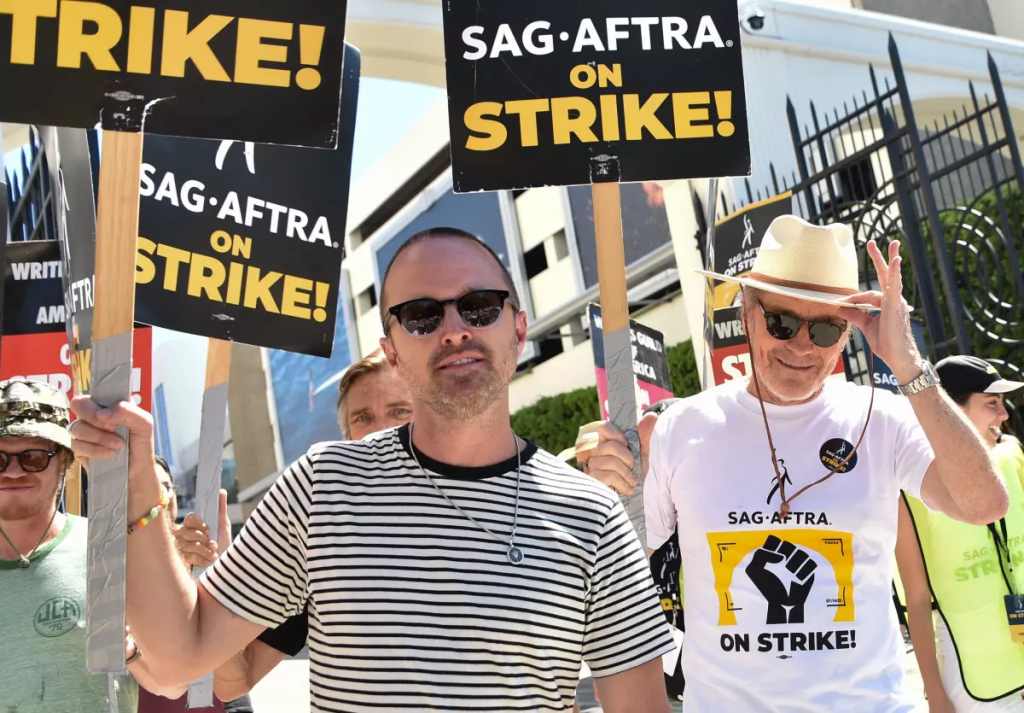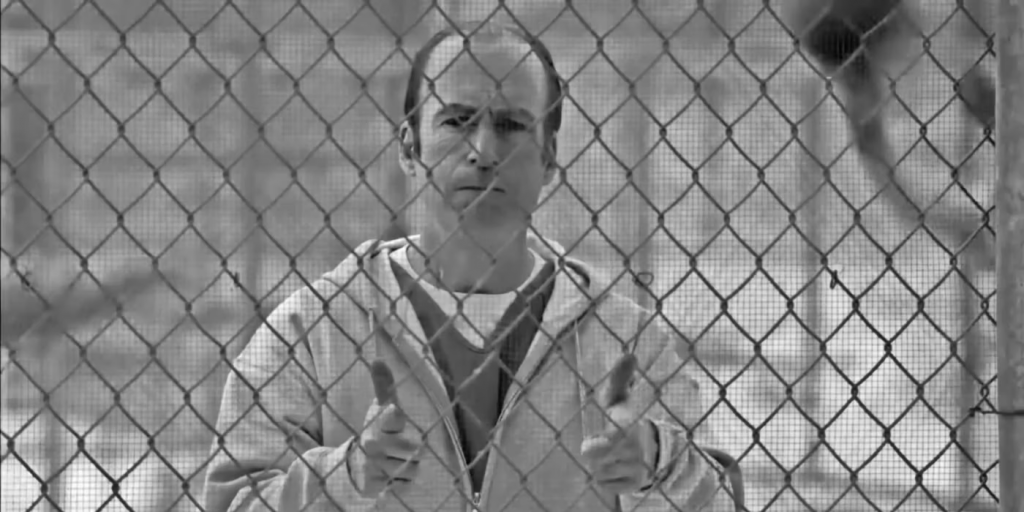
Bryan Cranston, celebrated for his iconic portrayal of Walter White in the critically acclaimed series “Breaking Bad,” recently lent his voice and presence to a significant cause. He, along with several cast members from both “Breaking Bad” and its spinoff, “Better Call Saul,” stood united on the picket line in a display of solidarity with striking actors and writers. Their primary goal is to advocate for an equitable contract that would enable actors to make a living while pursuing their careers in the entertainment industry.
Cranston, who has become a respected figure in Hollywood, addressed a crowd gathered outside Sony Pictures Studios. He emphasized that their intention was not to vilify studios and streaming platforms but rather to seek fairness and a grounded understanding of the reality facing working actors and writers today. He acknowledged that studios and streamers are, in fact, their future collaborators. Cranston’s message was clear: they simply want the industry to return to the negotiating table with the goal of achieving fairness and a balanced agreement.
In a conversation with The Hollywood Reporter, Cranston elaborated on the pressing need for an equitable contract. He articulated that their objective is to ensure that actors can meet their financial obligations, including bills, rent, and providing for their families. For many, it has reached a critical juncture where making a livelihood from their craft has become increasingly challenging. Cranston described the situation as a “watershed moment” for the industry, signifying the urgency of addressing these issues.

One of the central points of contention in the ongoing negotiations, particularly for Cranston, is the utilization of artificial intelligence (AI) in the entertainment industry. Cranston indicated that the proposed contract will include a clause stipulating that “actors must be human beings.” The same sentiment, he noted, applies to the Writers Guild contract: “Must be written by a human being.” This aspect of the negotiations is indeed remarkable, as it underscores the evolving landscape of the industry. The emergence of AI as a creative tool is a reality, and actors are concerned about the potential dehumanization of their profession.
Jesse Plemons, known for his role as Todd on “Breaking Bad,” echoed Cranston’s sentiments. Aside from the safeguards against AI, residuals were another crucial topic for him. Residuals serve as a vital financial lifeline for actors when they are not actively working in the industry. For actors like Plemons, who have been part of the industry for a significant period, residuals represent a means of sustaining themselves during downtime.
The strike that has united these actors stems from the inability of both the Writers Guild of America and SAG-AFTRA to reach an agreement with the Alliance of Motion Picture and Television Producers. The writers initiated the strike in early May, with actors joining their cause in July. The presence of renowned figures like Bryan Cranston amplifies the message that these actors are committed to addressing the critical issues facing their profession. In an industry where storytelling and human expression are at the core, the concern over AI’s potential dehumanization is a conversation that warrants attention and thoughtful negotiation.
We bring out some of the most well-known Disney collection, all of which are available at reasonable costs. Visit our link now if you are interested in the Disney collection


Perdita, Cruella de Vil, Roger Radcliffe, Dodger, Oliver
